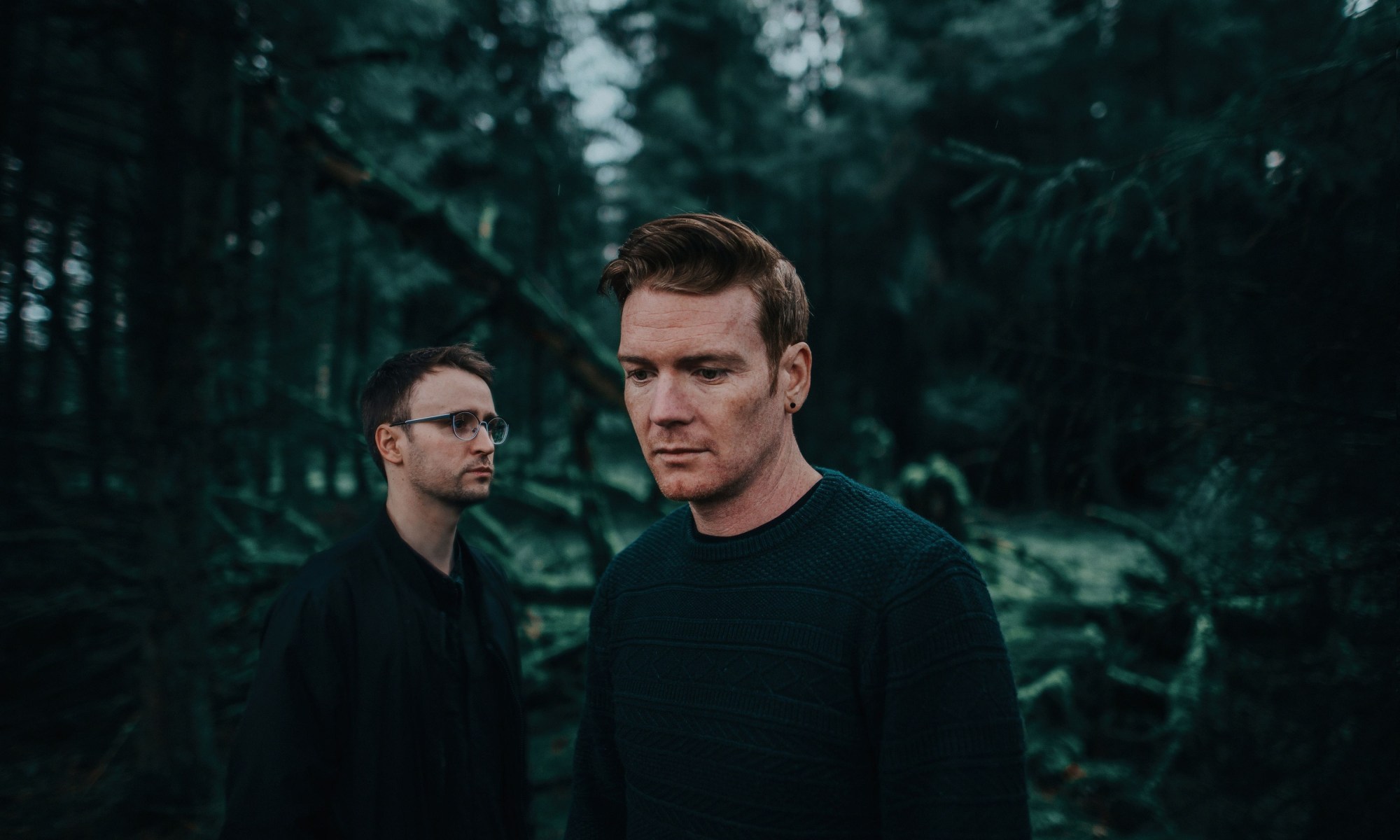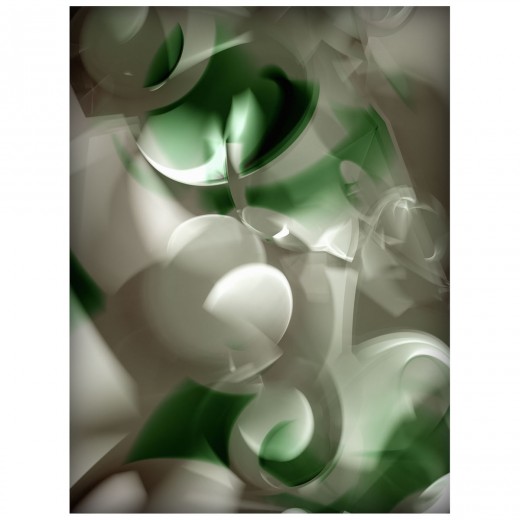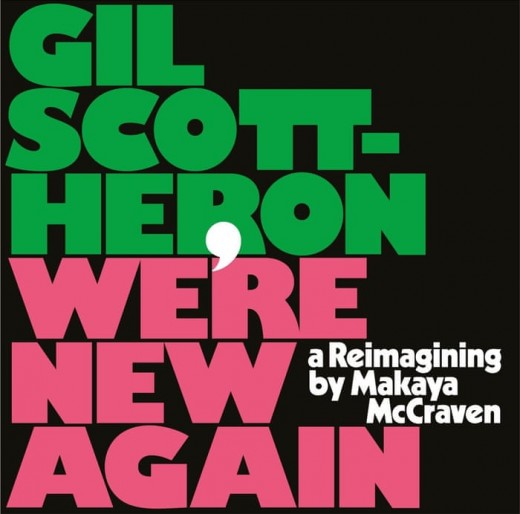If you’ve caught only a fleeting second of the visuals accompanying the music of Borders, you’ll know that it carries with it a huge weight of visual import. Spanning symphonic ambience and widescreen electronica, the record – which scooped last year’s Northern Ireland Music Prize – was a remarkably filmic meeting of the minds from two of the country’s most innovative artists, Ryan Vail and Eoin O’Callaghan AKA Elma Orkestra. It checks out, then, that such a naturally scopic, wonderfully-wrought statement on belonging and the universal power of nature and our place within it would translate well to the documentary format.
Titled after the album in question, BBC NI’s Borders not only underscores the nuance and broader subtext of the pair’s album: it captures both the figurative and literal journey taken by Vail and O’Callaghan before, during and after its writing and recording. Narrated by BBC Radio Ulster broadcaster Stephen McCauley – a fellow Derry/Londonderry man and noted champion of the pair’s album project from the beginning – viewers are granted a beautifully-presented closer look at a release that, rather than opted for some safe, one-dimensional look at the island of Ireland circa Brexit, mirrors a huge wealth of personal and universal realities relating to the lines that arbitrarily divvy and sunder the free world.
And yet, though it sets its focus much further afield – on striving to properly belong in a world where division is more rife than ever – Borders could only really stem from the all-too-familiar; of Derry/Londonderry, of Donegal just across the way, of the North, of Northern Ireland – of whatever you personally feel compelled to designate “here”. “The album Borders is a global album,” says O’Callaghan early on. “It’s a global idea. It’s been influenced by what we see going on all over the place and the rise of the right. But the reason why we felt that we had the right to talk about it is because it’s happening on our doorstep.”
Bolstered by a host of familiar faces, including two guest collaborators on the album, Dublin poet Stephen James Smith and Clannad singer and harpist Moya Brennan (who sings in both Gaelic and English on LP highlight ‘Colours’) the meticulous, inspired compositions of Borders soundtrack both O’Callaghan’s own sublime filmed visuals, as well as the likes of live footage including Belfast’s historic Ulster Hall at last year’s Northern Ireland Music Prize. Better still, it’s by clearly presenting the reality of “the rise of the right” as a very real global plight – not least when we see the pair bring the project on the road to Berlin and Mexico – do we get a lucid sense of the sweeping, fundamentally nationless thrust of album peaks such as ‘Arrival’ and ‘Droves’.
For fans of the album and newcomers alike, the subtlety, implication and universal power on Borders comes to the fore across thirty minutes. There’s no mistaking the gist here and that, ultimately, is a big sell. This is, in its purest essence and at its very core, a global conundrum that we’re equally condemned to overcome; as both an album and a documentary, Borders makes that feel somewhat possible. Not least with the recent passing of the visionary Lyndon Stephens – the much-loved, recently-passed label boss who helped bring the project to fruition – the latter will strike a symphony of chords for many. As the world beyond our windows continues to pull apart in unknowable, often unthinkable ways, words of O’Callaghan’s succinctly spell out what the music of Borders, in its own way, also magically manages to convey:
“The line of the map is invisible when you look at it from above. The beauty crosses over that line and spills over the edges.”
Borders is broadcast on BBC 2 NI on Thursday, February 27th at 10pm and BBC One NI on Monday, March 2nd at 11.15pm






